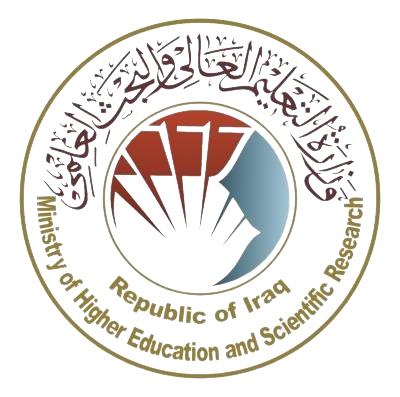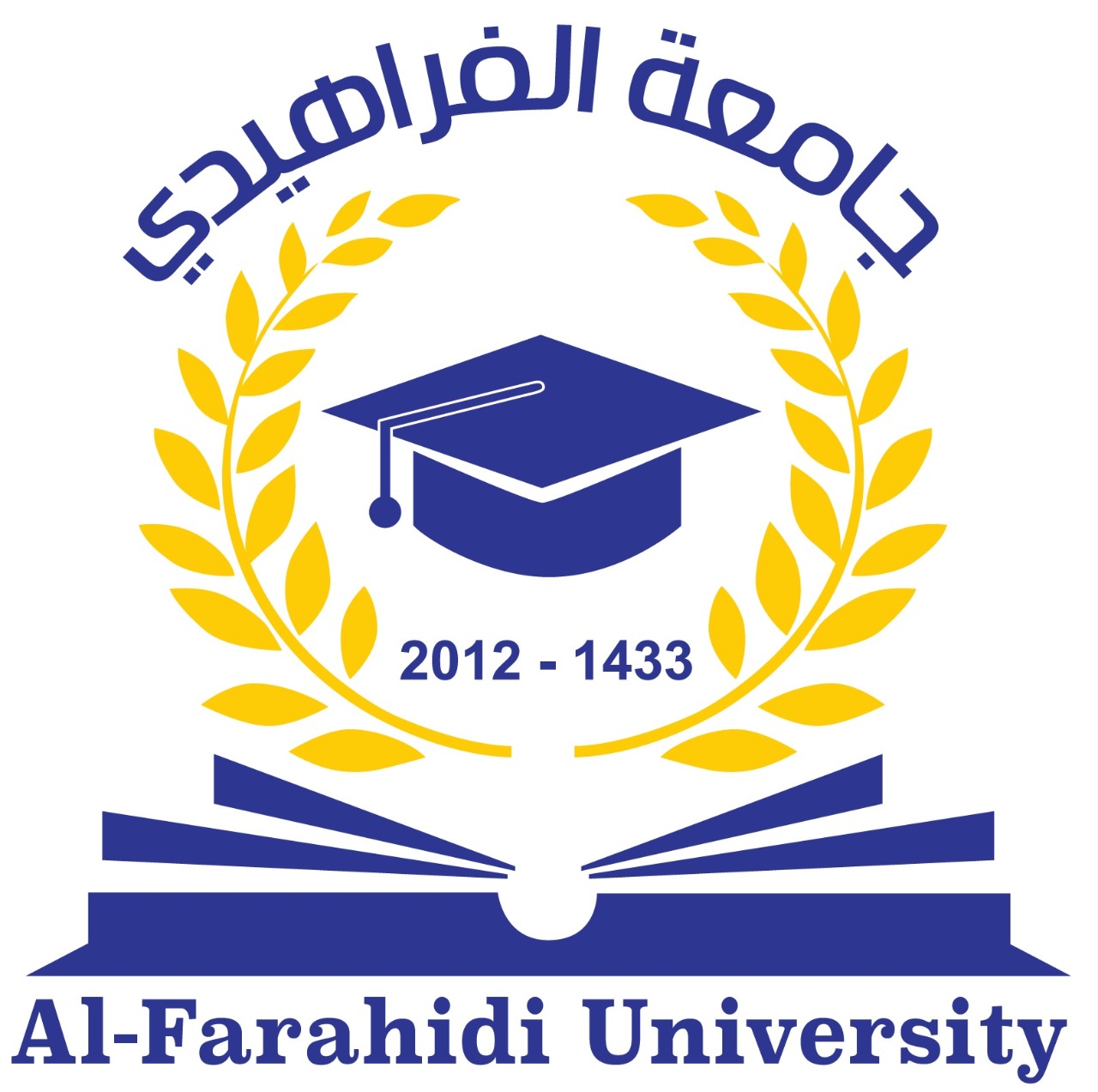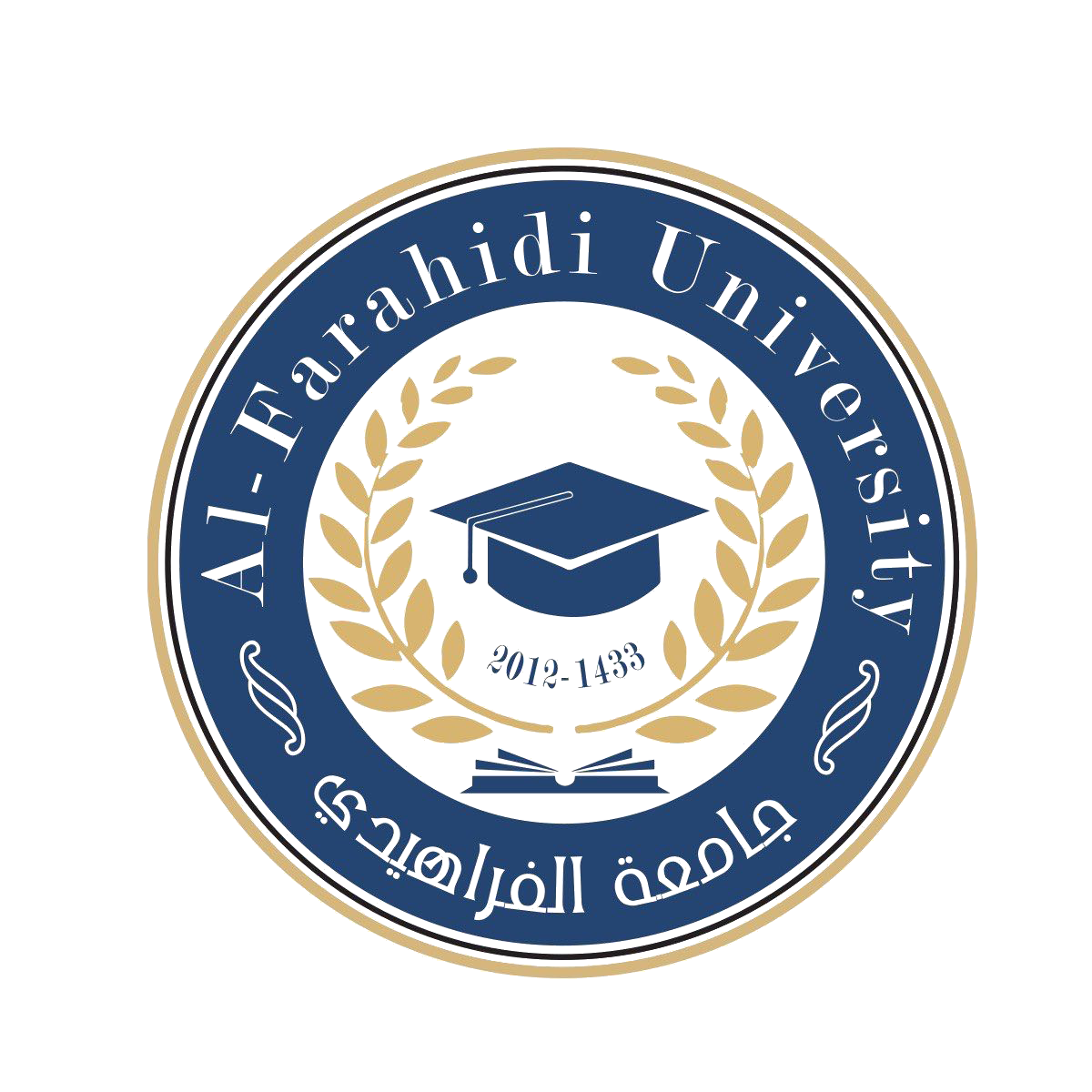The Digital and Analog Laboratory
This laboratory is considered one of the important labs in the Department of Telecommunications Engineering Technology. In it, students learn about logical gates how to connect them on educational boards and how to create a Truth Table for each logical gate. Consequently this laboratory allows students to obtain results for these gates using the equipment available.

Laboratory Workshop
In this workshop students learn about electrical installations and various types of measurement devices through scientific experiments within the scope of electrical installations and their different applications. The workshop aims to teach students skills such as welding and how to use electronic and mechanical measuring devices ensuring that students have practical hands on knowledge of the details relevant to the Telecommunications Engineering Technology department.

The Electronics Laboratory
This laboratory is equipped with various measurement devices and tools and it teaches students how to calculate accuracy and error ratios in these devices. Students conduct necessary scientific experiments that cover various electronic fields and their applications such as signal amplification. Additionally students are trained in all practical aspects to provide them with a comprehensive understanding of the theoretical material. Furthermore the laboratory involves preparing reports that include the experiments objectives and how to use the tools accompanied by detailed explanations. This approach helps students understand and grasp all the details enabling them to have a clear vision for future practical research endeavors.

The Electrical Fundamentals and Measurements Laboratory
It is crucial to understand the accuracy and error ratios in electrical circuits and this is accomplished through the Electrical Fundamentals and Measurements Laboratory using the tools and devices available within it. In this laboratory students are assigned practical experiments that cover various electrical and electronic fields and their applications including signal amplification the application of Ohms law Kirchhoffs law and more. Furthermore students are taught how to bridge the gap between the theoretical and practical aspects as they are considered complementary facets. The preparation of reports is also an integral part of the laboratory work where the reports outline the purpose of the experiment the equipment used the objectives and provide explanations for both the theoretical and practical aspects to arrive at clear results laying the groundwork for future scientific research.

The Computers and Networks Laboratory
The suitable and motivating environment is a fundamental element for enhancing student learning and stimulating their creativity. In this laboratory students learn all the details of the computer and its components as well as operating systems and are taught important applications and software: (AutoCAD - Word - Excel - PowerPoint - Access - Visual Basic - Matlab - MP8085 - Packet Tracer).

The Communications Systems Laboratory
In this laboratory students become acquainted with devices and boards used in various communication circuits. The students are distributed across scientific experiments that cover communication systems and their applications in various fields such as signal amplification and signal modulation. All of these details are essential for students to understand practically to complement their knowledge and to have a clear and comprehensive understanding. Additionally the preparation of a comprehensive laboratory report is part of the process which includes documenting the components used in the experiment and linking the theoretical and practical aspects laying the groundwork for future scientific research.




